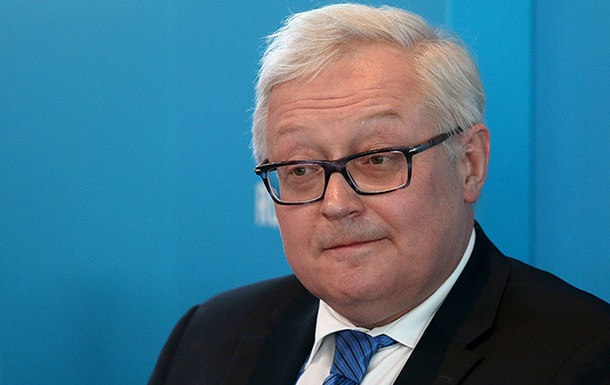Задумываясь о переезде на постоянное место жительство в Германию, полезно разобраться, как построена в этой стране система образования.
Учиться дети начинают в Германии с 6 лет. Последний год в детском саду, если ребенок не является коренным жителем, он посещает уроки немецкого языка в близлежащей школе.
Начальная школа в Германии длится 4 года.
После во второй половине года, в четвертом классе происходит дифференциация детей по успеваемости. Оценки в Германии противоположны российским оценкам. Самый высокий бал 1.
Таким образом, перед ребенком уже в 10 лет стоит дилемма выбора дальнейшего жизненного пути и больше узнать про обучение детей в Германии помогут здесь.
В зависимости от оценок заработанных в начальной школе возможны 3 пути:
Первый путь это поступление в гимназию (Gymnasium).
Гимназия дает возможность получить наиболее объемное среднее образование. Там обучаются 12 лет и помимо родтамного языка обязательно изучают 2 или более иностранных языков.
Два последних года учащийся определяется с выбором профессии и целенаправленно готовится к финальному экзамену по требуемым предметам.
После гимназии можно поступать в университет. Она является наиболее коротким путем для получения высшего образования.
Второй путь это поступление в реальную школу (Realschule). В этой школе учатся 10 лет. Последние 3 года идет профессиональная специализация (Ausbildung). Школьная программа в ней отличается от учебной программы в гимназии. Если ученик захочет из реальной школы перейти в гимназию ему придется в ней повторить 10 класс. Realschule хороша тем, что дает качественную профессиональную подготовку, причем зарплату ученик начинает получать с первых дней освоения специальности.
После реальной школы можно также перейти в школу под названием FOS. Освоить там определенную специальность и затем поступать в институт по выбранному направлению. Обучение в ней длится 2 года для поступления в профильный институт или 3 года для поступления в университет.
Третий путь это Hauptschule в ней учатся 9 лет и туда идут дети не проявившие особого рвения к учебе. После нее получают только профессиональное образование.
Германию часто критикуют за такой ранний отбор детей во взрослую жизнь.
Но, в принципе, каждый ученик в дальнейшем при желании имеет возможность перейти из одной школы в другую при определенных затратах времени.
Для ребят, получивших среднее образование в других странах, существуют колледжи, где их знания «подгоняют» под требования, предъявляемые в Германии к среднему образованию для поступления в ВУЗ (Hochschule).
Обязательным условием поступления в колледж является знание немецкого языка (уровень В2). Если ребенок не знает немецкий язык, то первый год в колледже он ходит на занятия на правах вольнослушателя.
После окончания колледжа его знания приравниваются к знаниям гимназистов и он имеет право поступать в любое высшее учебное заведение Германии.
В заключении следует знать, что обучение в Германии бесплатное.
В высшем учебном заведении могут существовать небольшие семестровые взносы, колеблющиеся от 100 до 500 евро.
Эти деньги используются на закупку канцелярских товаров и проездных билетов для студентов.


 4215
4215












